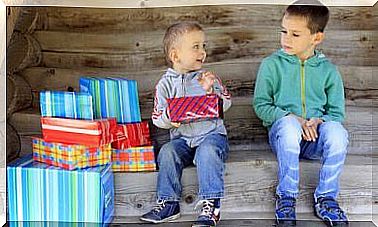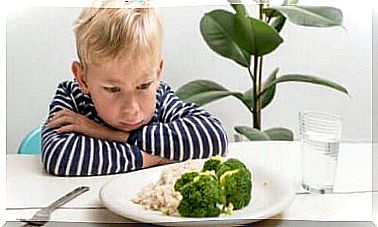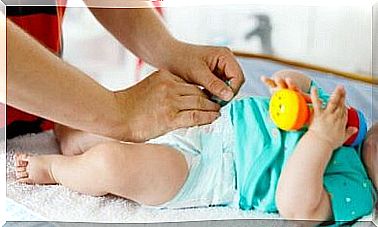4 Tips To Help Very Sensitive Children
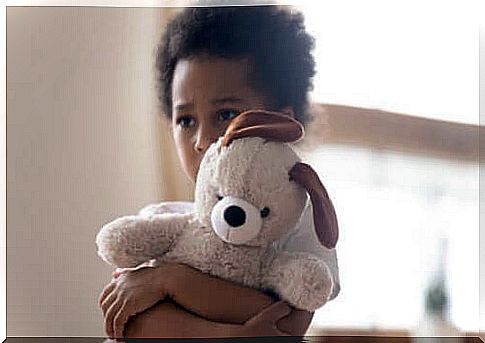
We tend to think of children as restless, noisy, active beings who enjoy bright, stimulating surroundings. However, not all children are the same. For children with a high level of sensitivity, these environments can be overwhelming. In this article, we offer some tips to help very sensitive children.
About 20 percent of the population has a condition with high sensitivity, which affects both adults and children – both boys and girls. But since they are minorities, these people can feel very misunderstood.
High sensitivity is an inherited and innate trait due to a greater development of the neurosensory system. For this reason, it is very common for very sensitive children to have at least one parent with the same characteristics. It is vital for the well – being of these children to understand their needs and help them make the most of their abilities.
The most important characteristics of a very sensitive child
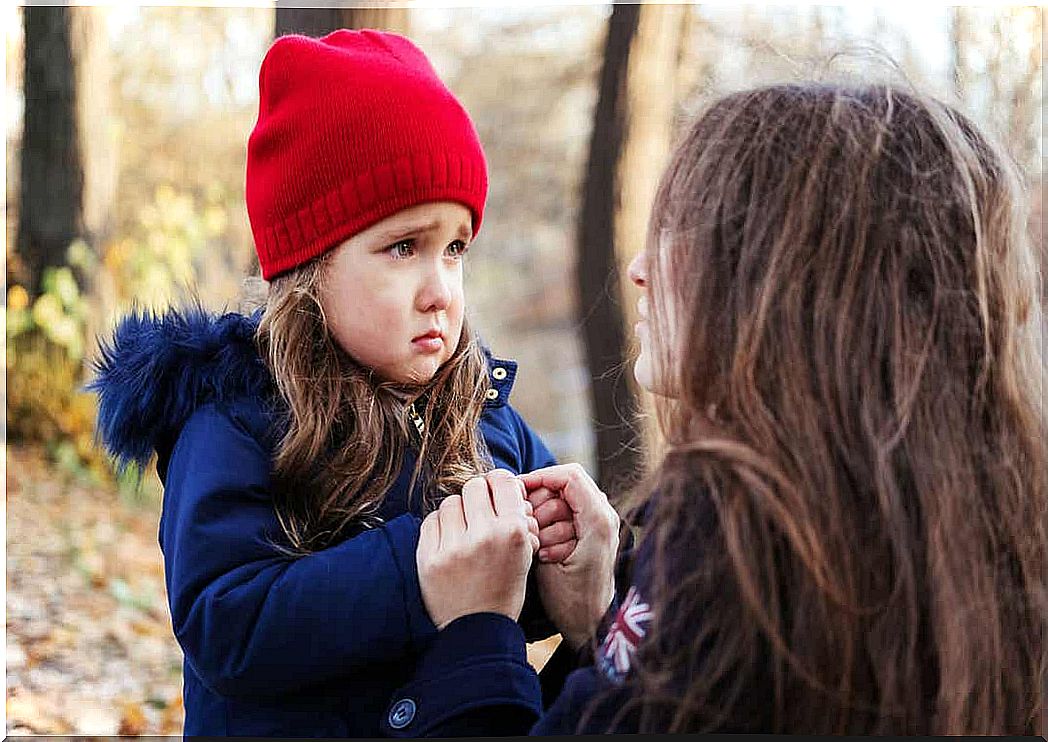
It is not always easy to spot a very sensitive child. Sometimes their reactions are confused with bad behavior or certain psychological disorders. For this reason, here are the key features you need to keep in mind to recognize them:
- These children are sensitive and empathetic, easily discover the feelings of others, and experience emotional states with great intensity.
- They may feel overwhelmed in highly stimulating environments (with excessive artificial light, crowds, and bustle). For the same reason, they tend to enjoy time alone and more relaxed activities.
- They are perfectionists and demanding, very sensitive to criticism and easily frustrated.
- Their skin may be hypersensitive, so they may be intolerant to certain substances and clothing labels.
This is how you can help very sensitive children
Parental guidance and support are essential for very sensitive children. These adults need to help them understand themselves and deal with their sensitivity in an appropriate way. To achieve this, the following guidelines are important:
Understanding
Very sensitive children are in the minority, and as a result, their way of seeing and understanding the world can sometimes be difficult for others to understand. Often they are perceived as dramatic, theatrical or exaggerated, or their condition is perceived as a disorder that needs to be resolved.
However, this personality trait is completely valid. Therefore, the first step is to make an effort to understand the child’s perception, accept it and validate their feelings instead of ridiculing them.
Tips to help very sensitive children: Emotional intelligence
Education in emotional intelligence is essential for all children, but especially for very sensitive children. They need to learn to identify their emotions, name them and deal with them so that they do not suffer unnecessarily. But to teach your child this, you must first know how to recognize and control your own emotions and theirs.
Be especially careful when correcting your child if they are very sensitive, as these children are already very critical and demanding of themselves. Therefore, your comments can affect their self-esteem if you do not express them in a confident way.
Controlling stimuli and environments to help highly sensitive children
The goal is not to “correct” the very sensitive child and make them adapt, as everyone else is, but to respect their traits and characteristics. So if you find that your child is overwhelmed by certain places, such as malls, try to stay as short as possible and accompany them to do more outdoor activities.
At the same time, if they feel more comfortable in quiet tasks or spend time alone, allow them these spaces. Not all children need to play football or go to the gym; perhaps art or yoga is more appealing and beneficial to them.
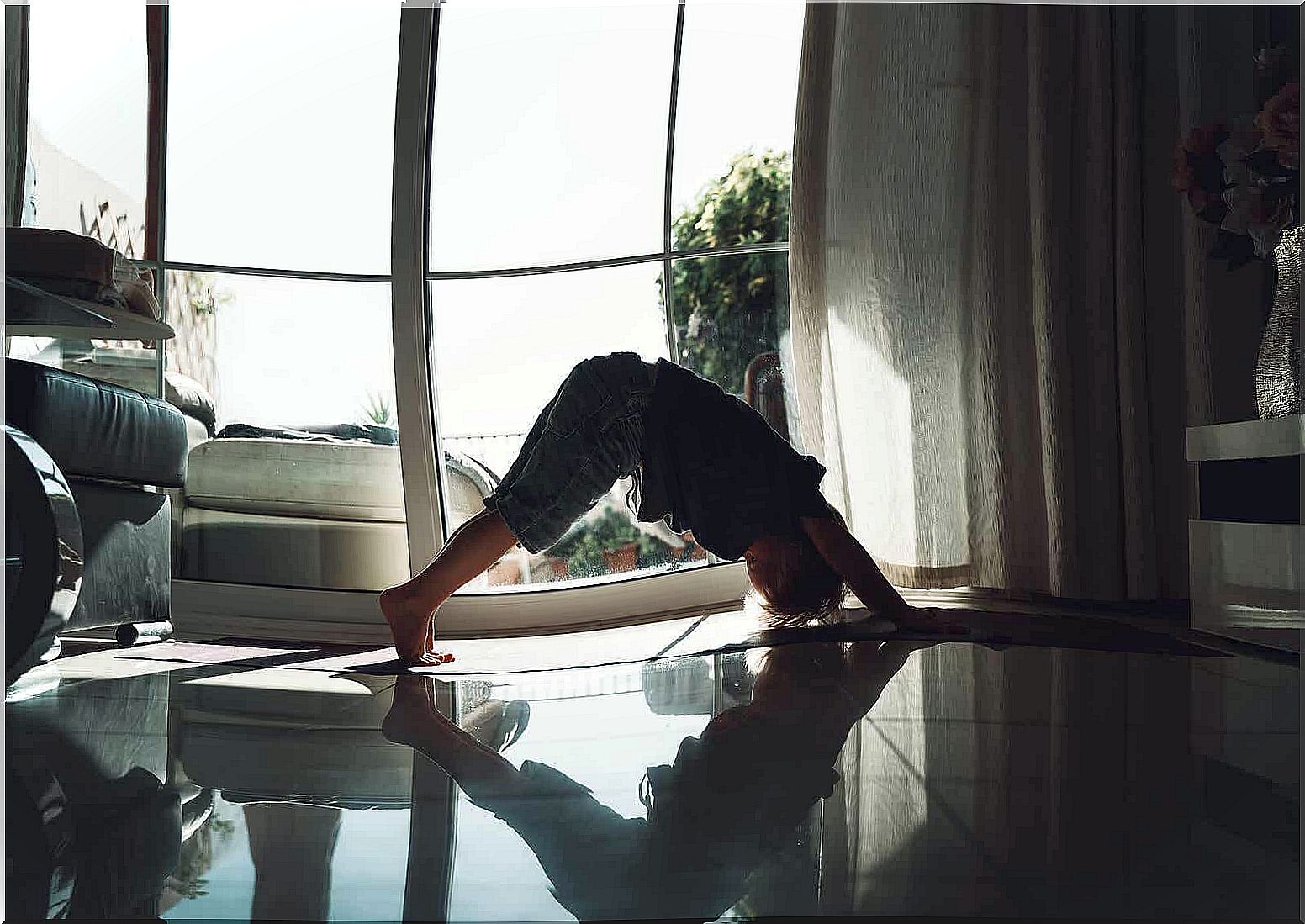
Relaxation techniques
These children may feel anxious or overwhelmed by emotional intensity, so it may be very helpful for them to know some simple techniques to regulate their arousal. Deep breathing, meditation or attention can be helpful alternatives.
The benefits of the very sensitive child
Lastly, it is important to remember that high sensitivity is not a disadvantage. It is true that at certain times it can be difficult for the child to handle, but it also brings very special and beneficial properties.
These infants are creative, imaginative, deep, reflective and empathetic. And this can give them benefits on a personal and social level. So why not recognize and improve these strengths? This will also help strengthen the child’s self-esteem and self-esteem.

